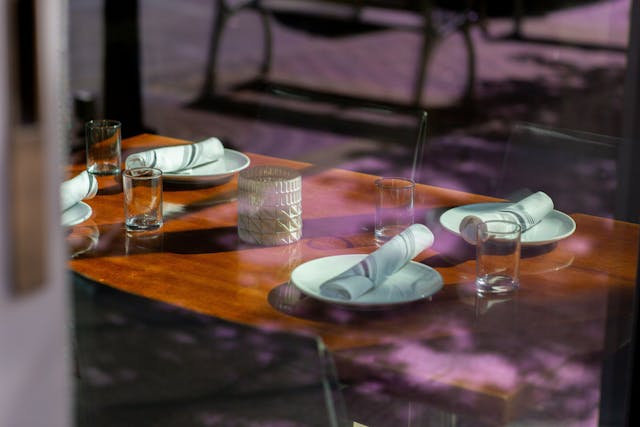A heatwave is coming to Luxembourg with nights without a chill

Fellipe Ditadi, Unsplash
Abnormally hot weather is expected in Luxembourg this week, with temperatures reaching 35 °C and nighttime lows not falling below 22-24 °C, seriously hampering the ability to cool homes. Weather service MeteoLux has issued an orange warning for Tuesday from 12:00 to 21:00 and a yellow warning for Monday from 13:00 to 20:00.
According to Adnan Ceman, head of the MeteoLux weather service, a high-baric system has formed over Central Europe, sandwiched between two low-pressure zones in the east and west. This configuration "pulls" warm air masses into the region, causing temperatures to rise steadily.
Although the weekend nights still brought a little relief, from Monday night temperatures will no longer fall below 20 °C and by midweek they will barely drop to 22-24 °C. This means that even airing out at night will not help to cool down the rooms.
The term "heat wave" has no clear international definition. In Luxembourg, such weather qualifies as a slight heatwave - primarily due to the lack of night-time cooling, says Ceman.
Closer to Thursday, the high pressure will start to retreat eastwards, giving way to the Atlantic cyclone. This will bring wetter and cooler air to the country, with possible rain and thunderstorms. Temperatures are forecast to return to the seasonal norm: around 25 °C during the day and 15 °C at night.
According to preliminary models, the summer will be slightly warmer than normal, but not necessarily with extreme heat. Even if the daytime temperature stays consistently in the range of 25-30 °C, it is already considered an abnormally warm month.
The Ministry of Health and emergency services are appealing to the public:
- drink water throughout the day,
- avoid physical activity in the sun,
- Monitor the well-being of the elderly and lonely neighbours,
- don't forget about domestic and farm animals, especially those outdoors - they need more water and shade.
Even if the heat wave is short-lived, its effects can be significant - especially when nighttime temperatures are high. Authorities urge you to take the weather seriously, as it is these "mild" heat waves that are most likely to cause dehydration, heat stroke and overheating of rooms.





